Arming pro-Kiev forces would be a huge mistake, argues Adam Swain.
In recent weeks, eastern Ukraine’s Russian-backed rebels have won several military victories on the battlefield in the Ukrainian Donbas. First, they captured the virtually destroyed Donetsk airport, then they pushed back the front lines, taking more territory. Now, they look set to secure Debaltseve, strategically located between the rebel-held cities of Donetsk and Luhansk.
The warfare has taken a terrible toll on Ukrainians on both sides of the “demarcation line.” More than 5,300 people have now been killed and over 1 million displaced. The Minsk Agreement of September 2014 has obviously failed.
It is clear the Russian-backed rebels want to fight Ukrainian forces to carve out a viable statelet in the east of the country. The prime minster of the Donetsk Peoples’ Republic (DNR), Aleksandr Zakharchenko, has for months declared his intention to retake cities overrun by Ukrainian forces in July 2015, such as Slavyansk and Kramatorsk.
But Russia’s real interest in the conflict appears to be quite different. Had Russia wanted, it could have taken Donbas in a matter of hours in March 2014. The fact that it didn’t indicates that Russia is really only interested in the Donbas insofar as it offers leverage over the authorities in Kiev.
This explains why Russia still periodically sends troops and equipment over the border into rebel-held territory, escalating or de-escalating the conflict at will. After all, it’s simply not in Russia’s interest to have a major war raging on its border.
Meanwhile, the drum beat for war on the Western side is getting louder and louder. Western leaders writers, commentators and securocrats have argued the West should go beyond non-lethal aid and arm Ukraine. Timothy Garton Ash even writes longingly about “military kit” and likens Vladimir Putin to Slobodan Milosevic, as if it is actually conceivable for NATO to bomb Russia.
All this talk is based on a willful misunderstanding of the Ukraine crisis. The dominant Western narrative is increasingly being steered by both left- and right-wing liberal universalists, who want to impose their values on the rest of the world. They see the situation as the struggle of a downtrodden Ukrainian population, who discovered their inner Western values and toppled a neo-Soviet dictator. Then, as if completely unprovoked, Russia — with an unreconstructed leader comparable to Adolf Hitler — opportunistically annexed Crimea and invaded eastern Ukraine.
The reality is altogether more complicated.
In the run-up to the Euromaidan uprising, the United States and its closest allies systematically undermined the legitimacy of a weak but democratically-elected European government, which was sympathetic to Russian interests. They then experimented to see whether it could stoke a potentially violent popular uprising to topple the authorities and diminish Russia.
When Russia reacted to its loss of influence in Kiev by securing its warm water naval base in Crimea and destabilizing East Ukraine, the West imposed sanctions on Moscow and rejected a far-reaching East-West compromise that would have entailed Ukraine agreeing not to apply to join NATO.
The universalists want us to believe that an anti-Western, neo-imperial Russia has aggressively projected its power in Ukraine and is intent on a new Cold War with the West. In fact, nothing could be further from the truth. The reality is that Russia has suffered a strategic defeat in Ukraine; it is merely fighting for a consolation prize against a West whose power now extends all the way to Russia’s southern Black Sea underbelly.
But even if the universalists are content to deliberately misunderstand the Ukraine crisis, they should know to balk at the practical consequences of arming the country. Arming Ukraine would partition the country for the foreseeable future, and could rip its economic heart out for good.
That said, the West clearly cannot expect a “frozen conflict” in the short- to medium-term. As the continued hostilities since the Minsk Agreement have shown, both sides want to fight; each ill-disciplined side is testing the military capabilities of the other. That could easily lead to an arms race, one that Ukraine could not win even with Western support, because Russia will simply increase its military support in response. And all this assumes that Western lethal military aid does not fall into the wrong hands.
The biggest losers, of course, will be the residents of Donbas, who are already facing an impending humanitarian crisis and who simply long for peace and a steady income.
Footing the Bill
On top of the $3 billion of US military aid that has been proposed, the costs of the West’s Ukraine policy will only increase. Even after the $27 billion IMF-led bailout agreed after the Euromaidan uprising, the Ukrainian government still requires at least another $15 billion of official external finance to avoid a sovereign default in the next month or so.
While the US has conditionally offered an additional $2 billion and the European Union (EU) a similar amount, it’s ominous to see Western institutions and countries already squabbling over who should provide the remaining finance. Even in the best case scenario, Ukraine will be dependent on IMF-led financing for a political generation. Moreover, a proportion of this financing will go straight to Russia to repay a $3 billion bond Ukraine that owes the Kremlin, as well as disputed debts to Gazprom.
But even if America still wants a fully fledged standoff between the West and Russia, it’s hard to see how that could be in Ukraine’s national interest.
Kiev’s policy has so far been incoherent. It claims rebel-held territory as part of Ukraine and continues to supply it with electricity and gas, while simultaneously isolating the area’s remaining residents. Sometimes Kiev’s forces openly fight the rebels, while at others the guns fall silent.
Time to Compromise
Still, there is hope. Even at this late stage, negotiations between the rebels and Kiev and between Russia and the West could still form the foundation of a viable united Ukraine. A sensible negotiated outcome demands three core elements. There must be internationally supervised plebiscites in Donbas to decide the region’s future; Ukraine’s constitution must be reformed to give Donbas special status, should it vote to remain in Ukraine; and a formal agreement over Ukraine’s future relationship with NATO, the EU and the Eurasian Union must be struck between the West and Russia.
Even if this might not seem likely to benefit the West’s apparent interests, it would surely be in the interest of Ukraine and Donbas. If the West continues to refuse to compromise with Russia over Ukraine and decides instead to arm Kiev’s troops, then it must do so with its eyes wide open.
Ramping up a response to Russia could have terrible unintended consequences. Russia will escalate the crisis until such a time when the West eventually compromises over Ukraine. A compromise must be struck now before Kiev feels emboldened by Western arms supplies, only to be painfully betrayed by the West at a later date — and before even more lives are destroyed.
*[This article was originally published by The Conversation.] ![]()
Fair Observer is a nonprofit organization dedicated to informing and educating global citizens about the critical issues of our time. Please donate to keep us going.
The views expressed in this article are the author’s own and do not necessarily reflect Fair Observer’s editorial policy.
Photo Credit: Rangizzz / Mykhaylo Palinchak / Shutterstock.com
Support Fair Observer
We rely on your support for our independence, diversity and quality.
For more than 10 years, Fair Observer has been free, fair and independent. No billionaire owns us, no advertisers control us. We are a reader-supported nonprofit. Unlike many other publications, we keep our content free for readers regardless of where they live or whether they can afford to pay. We have no paywalls and no ads.
In the post-truth era of fake news, echo chambers and filter bubbles, we publish a plurality of perspectives from around the world. Anyone can publish with us, but everyone goes through a rigorous editorial process. So, you get fact-checked, well-reasoned content instead of noise.
We publish 2,500+ voices from 90+ countries. We also conduct education and training programs
on subjects ranging from digital media and journalism to writing and critical thinking. This
doesn’t come cheap. Servers, editors, trainers and web developers cost
money.
Please consider supporting us on a regular basis as a recurring donor or a
sustaining member.
Will you support FO’s journalism?
We rely on your support for our independence, diversity and quality.



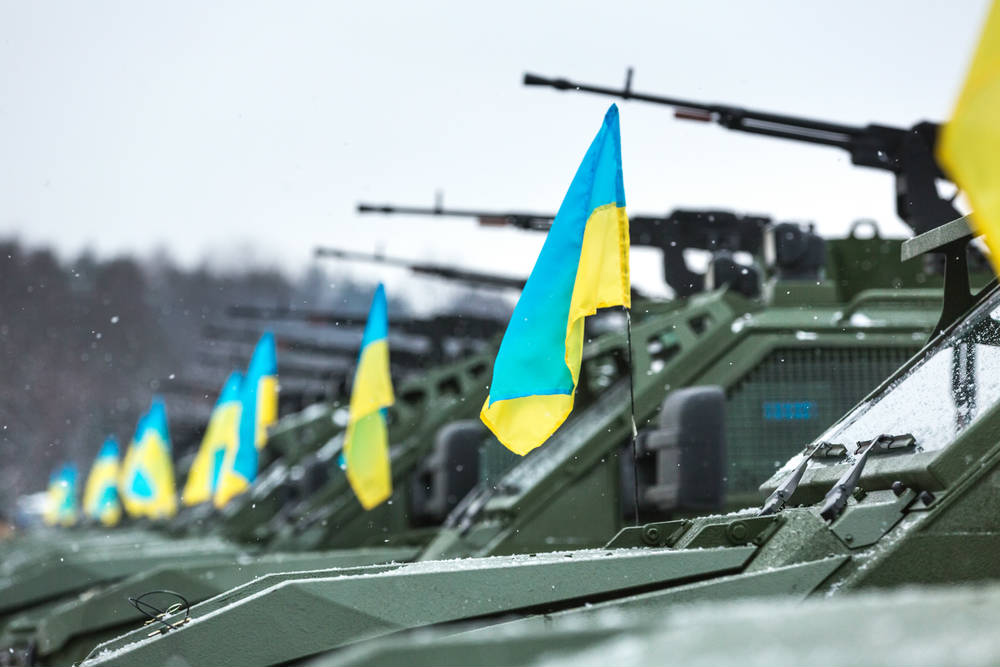

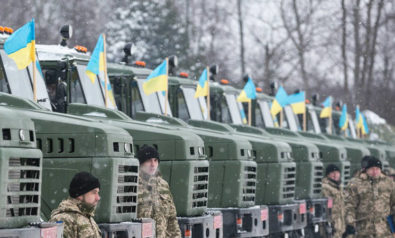

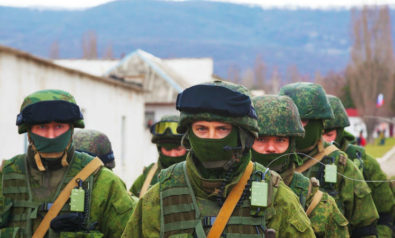
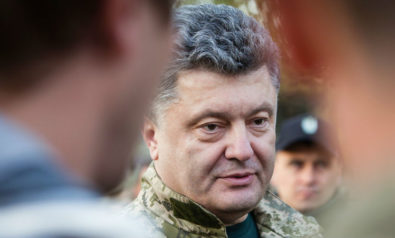
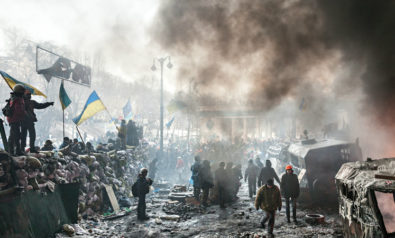
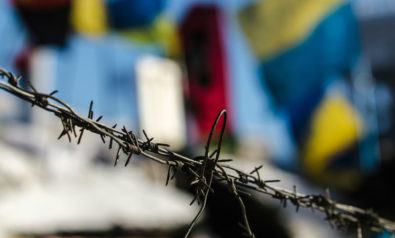

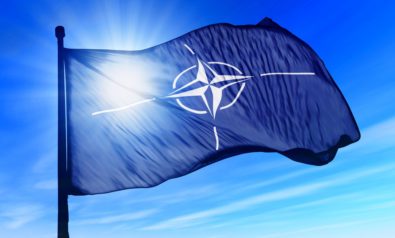

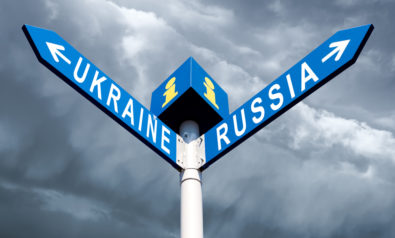
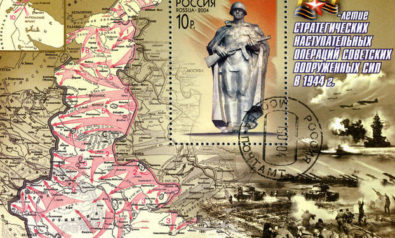
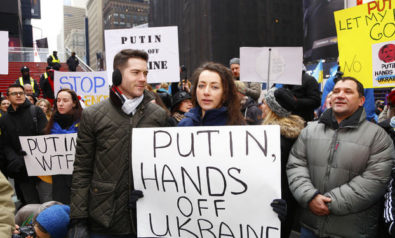

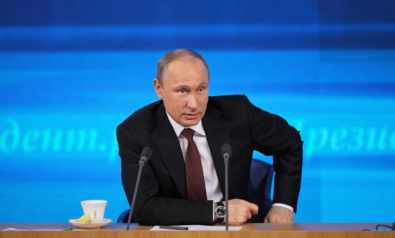
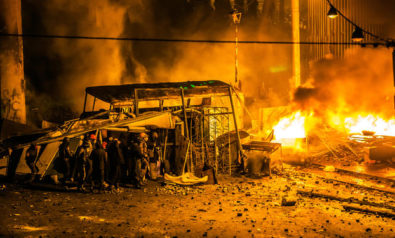

Comment